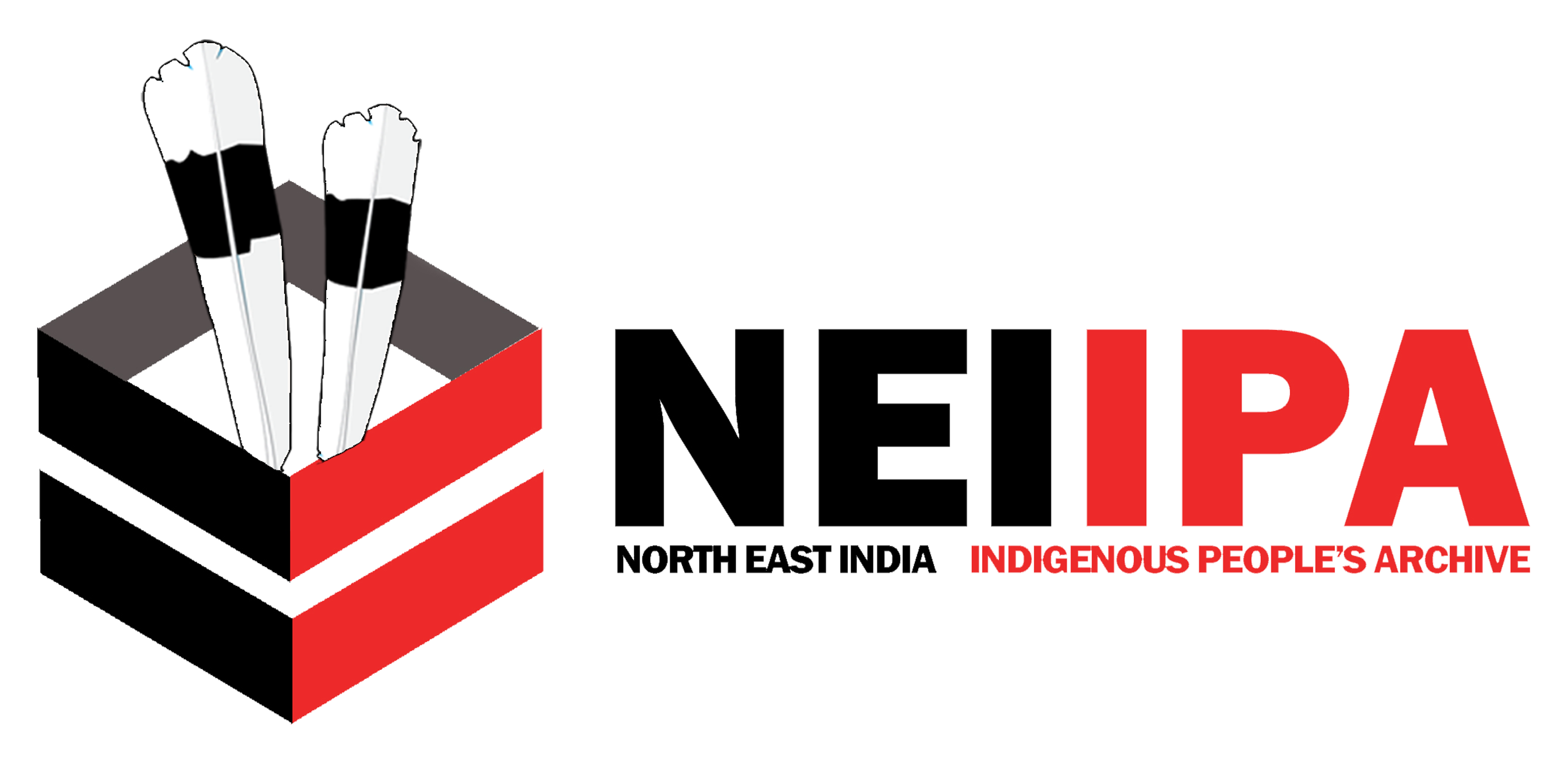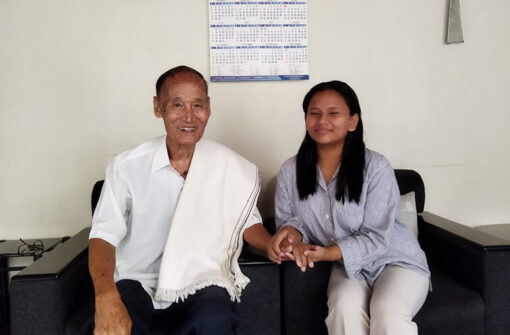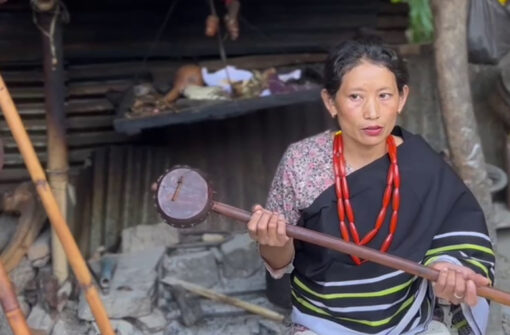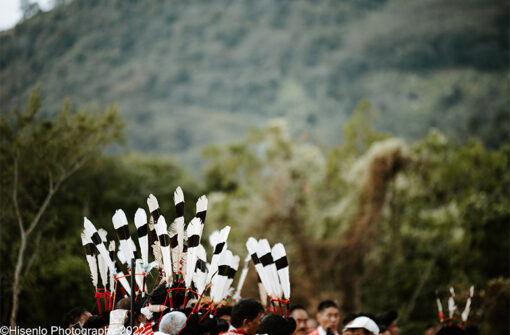Title: Ancestral Norms and Taboos among the Chakhesang
Language: Chokri
Description: The narrator reflects on heritage, cultural norms, and the lifestyle of the Chakhesang community. Traditionally, acts such as stealing, killing, and betrayal are regarded as serious taboos. Anyone who commits such transgressions—whether in public or in secret—faces inevitable consequences. It is believed that individuals guilty of such actions will fail in pursuits like warfare, wrestling, headhunting, or other inter-village competitions, as fortune will not favor them. The narrator emphasizes that even if these acts go unnoticed by others, the spirits will ensure justice is served.
Another belief relates to agricultural practices, particularly seed and harvest customs. While it is considered acceptable to borrow seeds for planting, consuming them for selfish or greedy purposes is strictly forbidden. Similarly, ancestral norms dictate respect for land boundaries. Touching or stealing even a small portion of another person’s land unlawfully was considered to bring misfortune, not only upon the individual but also upon their descendants, preventing them from succeeding in communal activities such as wrestling, headhunting, or other traditional practices.
The narrator also draws a contrast with Christianity, noting that with the spread of the Church, villages that disregarded ancestral norms appeared to lose their strength and were unable to achieve lasting victories. Furthermore, he recalls the period of British colonization, during which taxes were collected by the colonial authorities. Although a portion of the revenue (about 25%) was meant to be returned to village elders for redistribution, some leaders acted dishonestly, keeping it for themselves. Such actions, too, were believed to invite punishment from the spirits.
Finally, the narrator reflects on the community’s moral fabric, recalling that those who found success in wrestling, competitions, or communal life were often the descendants of honest and upright people. Material wealth was not the defining marker of a good life; rather, it was simplicity, integrity, and adherence to ancestral norms that ensured lasting prosperity.
Format & Duration: Video 5 mins, 40 secs
Date of Recording: 9/7/2025
Date of Upload: 3 October 2025
Performer: Shetsiyi Rüho
Creator: Ketousieno Prescilla Khamo
Publisher: Tetso College, Dimapur
Note: This is not limited to the Chakhesang tribe only and can be related or applicable with neighboring tribes as well, much thanks to the narrator for his co-operation and help.
Cite this work
Khamo , Ketousieno Prescilla . 2025 . Ancestral Norms and Taboos among the Chakhesang . (Narrated by Shetsiyi Rüho ) . Sovima: NEIIPA, Tetso College . (https://neiipa.in/audio/ancestral-norms-and-taboos-among-the-chakhesang/) . Accessed: (02-Mar-2026)




